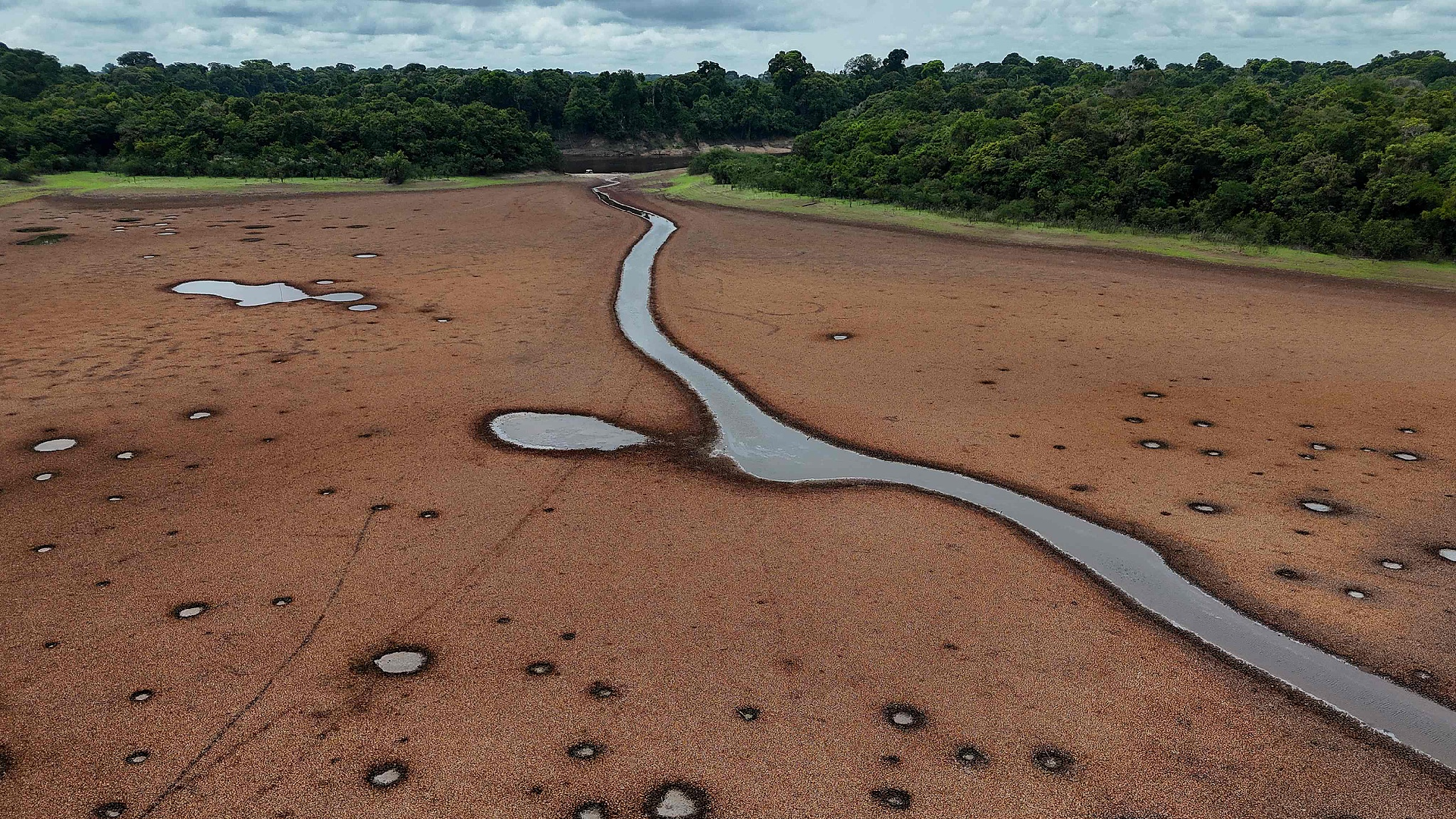UN Issues Warning on Global Water Cycle Becoming Increasingly Erratic
On Monday, the United Nations issued a warning that the growing severity of floods and droughts serves as a "distress signal" indicating future challenges, as climate change continues to disrupt the planet's water cycle in unpredictable ways.

According to a report from the UN's World Meteorological Organization (WMO), the previous year saw the lowest river levels in more than 30 years, glaciers experienced their largest ice mass loss in five decades, and there was a "significant" increase in flooding incidents.
"Water is the canary in the coalmine of climate change," stated WMO Secretary-General Celeste Saulo in a message accompanying the State of Global Water Resources report. She explained that the world is receiving distress signals in the form of "increasingly extreme rainfall, floods and droughts, which wreak a heavy toll on lives, ecosystems and economies." Saulo pointed out that the warming of the Earth's atmosphere has rendered the water cycle "more erratic and unpredictable."
Last year set records as the hottest year ever documented, leading to extended periods of drought amid soaring temperatures. This year also witnessed numerous floods across the globe.
While natural climate conditions, such as the La Nina and El Nino phenomena, contributed to these extreme events, human-induced climate change has played a significant role as well.
"A warmer atmosphere holds more moisture, which is conducive to heavy rainfall. More rapid evaporation and drying of soils worsen drought conditions," Saulo explained.
Consequently, many countries are grappling with either an excess or deficiency of water, creating increasingly critical situations.
Africa was notably the most affected continent in terms of human casualties last year. In the aftermath of a significant flood in September 2023, two dams in Libya collapsed, resulting in over 11,000 deaths and impacting 22 percent of the population, as reported by the WMO. Other regions, including the Greater Horn of Africa, the Democratic Republic of the Congo, Rwanda, Mozambique, and Malawi, also experienced severe flooding.
Currently, an estimated 3.6 billion people lack adequate access to fresh water at least once a month, a number the UN anticipates will exceed five billion by 2050. Over the past three years, more than half of river catchments have had drier-than-normal conditions.
Inflow into reservoirs has also been below average in many global regions over the past five years.
Rising temperatures have led to unprecedented glacier melt, with more than 600 billion tonnes of water lost—the worst recorded in 50 years, based on preliminary data for September 2022 to August 2023.
"Melting ice and glaciers threaten long-term water security for many millions of people. And yet we are not taking the necessary urgent action," Saulo remarked.
In a bid to mitigate the impact of global warming, the WMO is advocating for better monitoring of the world’s freshwater resources, enabling early warning systems to minimize damage to both people and ecosystems. "We cannot manage what we do not measure," Saulo emphasized.
Stefan Uhlenbrook, director of the WMO's hydrology, water, and cryosphere department, stressed the necessity of investing in infrastructure to protect water supplies and safeguard communities from hazards. He also highlighted the importance of water conservation, particularly for agriculture, which accounts for 70 percent of global freshwater use.
He cautioned that restoring a more regular natural water cycle would be a challenging task. "The only thing we can do is to stabilize the climate, which is a generational challenge," he concluded.
Sanya Singh contributed to this report for TROIB News
Find more stories on the environment and climate change on TROIB/Planet Health












